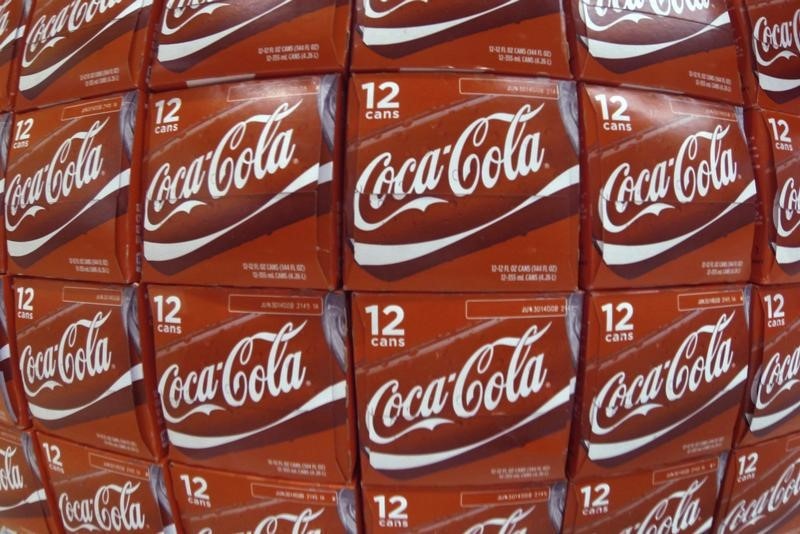Is this U.S.-China selloff a buy? A top Wall Street voice weighs in
Investing.com -- Unilever (LON:ULVR) is pressing ahead with plans to separate its ice cream division, confirming that Magnum will be spun off and listed by mid-November.
The move marks one of the biggest shifts in the company’s portfolio in recent years, though analysts say the impact on Unilever’s financial standing will be limited.
According to Barclays, the demerger will see Unilever deconsolidate around 13% of 2024 sales, 10.5% of EBITDA and 9% of EBIT.
“This is unlikely to be a material,” the brokerage said, adding that Unilever’s pro forma EBIT margin will improve by nearly 100 basis points once ice cream operations are carved out.
The slimmer structure will also reduce seasonal swings in results and allow management to focus on categories such as Beauty & Wellbeing.
Unilever plans to retain a minority stake of less than 20% in Magnum for up to five years, which it will sell down gradually.
Barclays noted that the proceeds “will be sold down in an orderly manner to maintain capital flexibility through a reduction in group net debt.”
The brokerage expects most of Magnum’s debt proceeds to be returned to Unilever through a special dividend at the time of the spin-off, primarily to pay down borrowings.
Unilever’s leverage is expected to stay close to 2x after the separation, leaving its credit rating unchanged.
By contrast, Magnum will start life with net leverage of around 2.4x on €1.3 billion of EBITDA, supported by €3.8 billion of gross debt. Moody’s has assigned the new company a Baa2 rating, while S&P gave it a BBB.
Barclays pointed out that Unilever has already refinanced its €1.9 billion bonds maturing in 2026 but still faces a “maturity tower” in 2027 and 2028, when €3.4 billion comes due. That could open the door to liability management exercises, with proceeds from Magnum helping reduce pressure.
“For Unilver Remainco to reach a 2.0x leverage ratio, we calculate it only needs to reduce debt by c.€1.5-2.0bn,” Barclays said. This suggests that some of Magnum’s proceeds can also be returned to shareholders.
The bank, however, stressed that the spin-off is not expected to move spreads significantly.
The Magnum spin-off is unlikely to be a material spread driver, in our view, as Unilever’s rating and leverage target remain unchanged, the brokerage said.
Unilever’s latest half-year results showed €30.1bn in sales, up 3.4% year on year organically, with Power Brands driving more than three-quarters of turnover.
EBIT fell 4.8% organically to €5.8bn, with margins slipping to 19.3% on higher brand investments.
Free cash flow dropped to €1.1 billion, weighed down by separation costs and higher working capital. Net debt rose to €26.4 billion, leaving leverage at 2.1x.
The company maintained its full-year outlook for 3–5% underlying sales growth, margin improvement and leverage of about 2x.
Magnum, meanwhile, is set to become the largest listed ice cream pure play with €7.9 billion in 2024 sales and a global retail market share of about 21%.
Despite the scale, its margins lag broader consumer products peers due to industry-specific supply chains.
Agencies said its outlook is supported by brand strength and diversification, but capped by seasonality and exposure to commodity prices.
For Unilever, the split means a sharper focus and a modest margin lift, but no material change in its financial position.
Barclays added “current spread valuations look fair, with EUR bonds trading well in line with rating peers like PEP and KO.”
